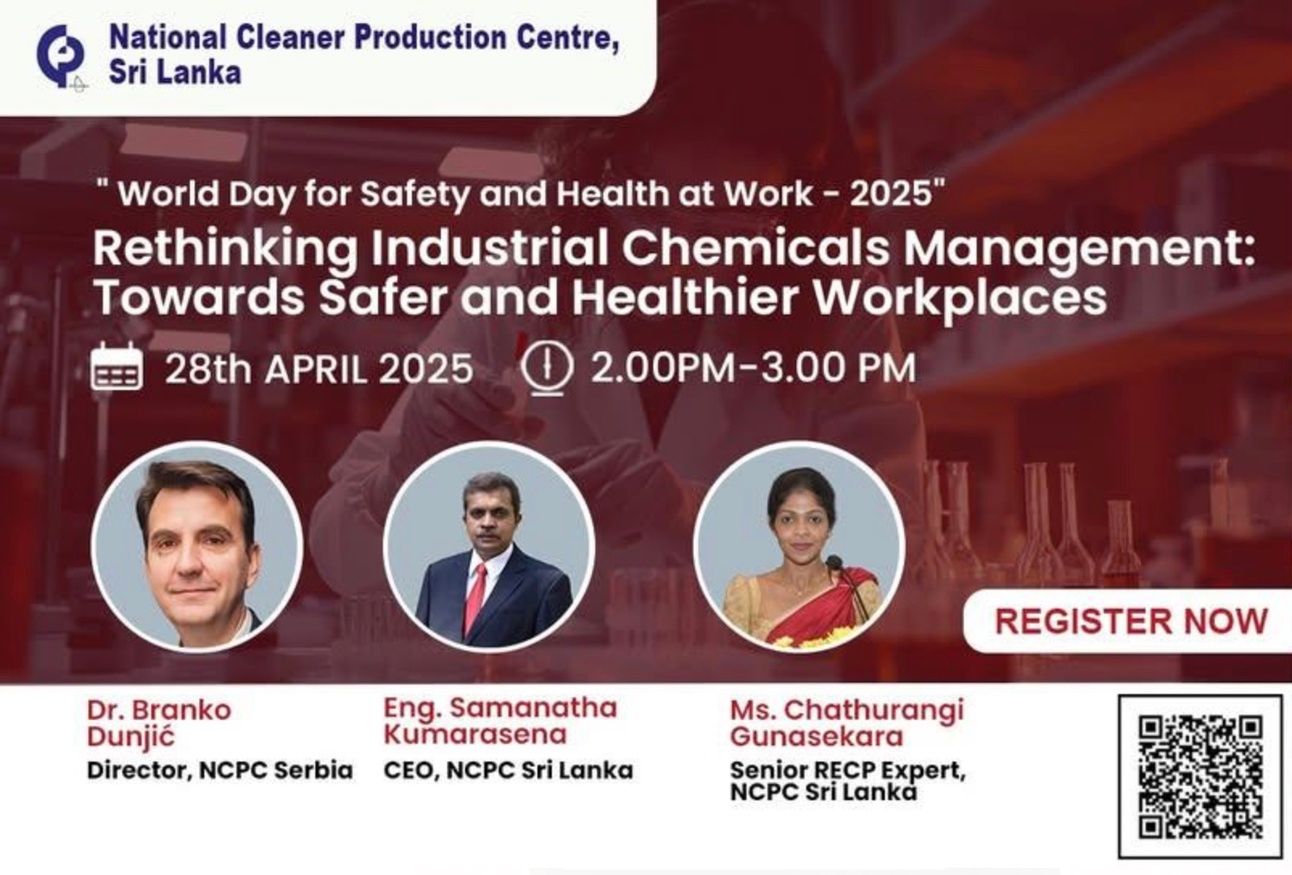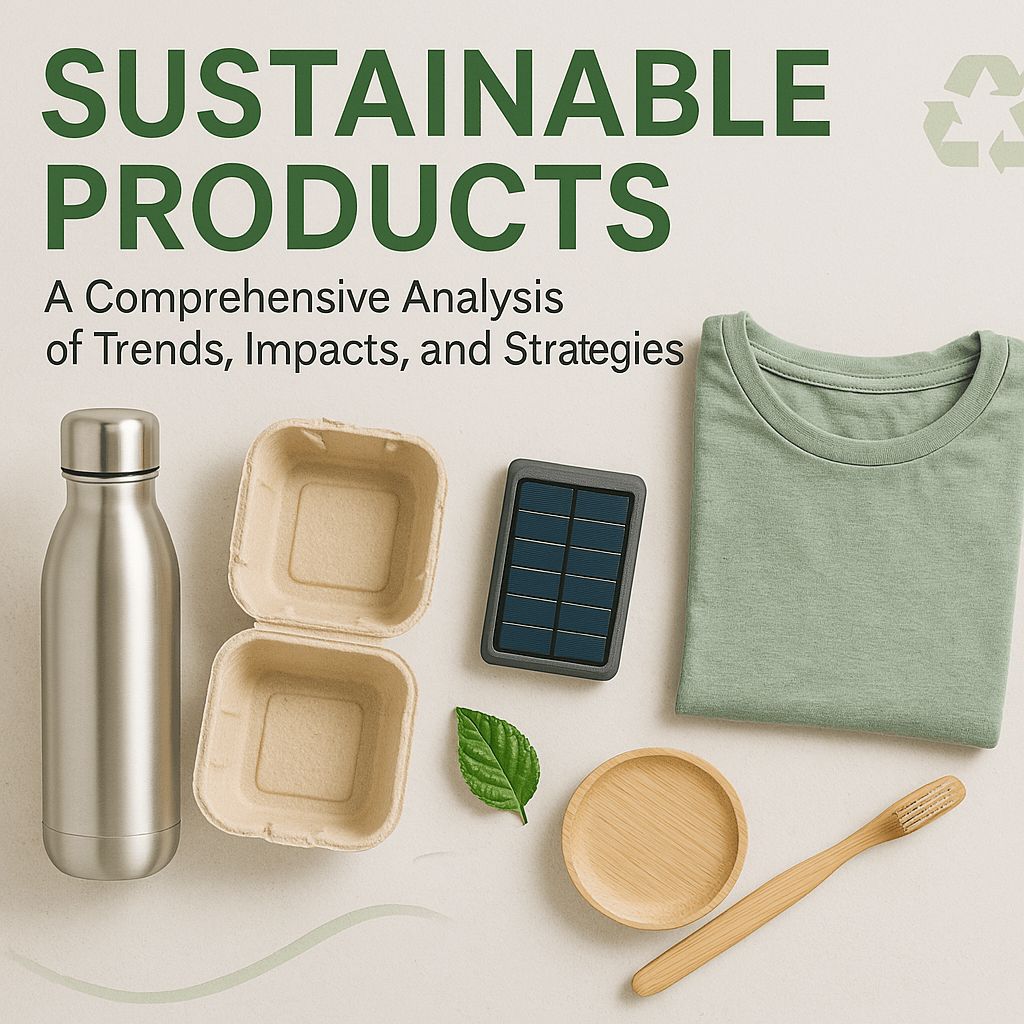- JAAF Sustainability Newsletter
- Posts
- JAAF Sustainability Newsletter
JAAF Sustainability Newsletter
April Edition

Dear Reader,
Thank you for being a part of JAAF’s sustainability newsletter. This newsletter is a part of JAAF’s efforts to respond to and serve Sri Lanka Apparel’s evolving needs especially through bridging the knowledge gap that exists in the Environment, Social and Governance Space.
So Welcome! to the April JAAF Sustainability Newsletter, featuring a selection of the latest developments in the sustainability space as it relates to the apparel industry in Sri Lanka. Through this information bridge JAAF aims to curate and communicate the latest developments in sustainability from across the apparel and textile sectors.
We look forward to your ongoing support and encourage you to engage with us by sharing this newsletter with your colleagues and peers in Sri Lanka and afar. You can also subscribe to this newsletter directly by clicking the link below.
Don't hesitate to contact us at [email protected] if you would like to partner or better yet share the developments in sustainability with our community.
Events
 | Nature is the life force that provides us with the air, water, soil, and other life forms that make up the elements in the garments we wear. Yet, as fashion continues to push beyond Earth’s limits, we move further into a zone of uncertainty about the planet’s ability to sustain life. Date: May 7, 2025 Time: 15:30 – 16:30 CEST / 9:30 – 10:30 ET |
 | Join us in Ho Chi Minh City, Vietnam on May 14-15, 2025 for Cascale’s largest forum to date! Bringing together manufacturers, brands, NGOs, and policymakers, this event, formerly known as the Manufacturer Forum, will tackle the industry’s most critical challenges and drive actionable solutions that propel the consumer goods industry toward its shared sustainability goals. |
 | Global Fashion Summit is presented by Global Fashion Agenda (GFA) – a non-profit organisation that fosters industry collaboration on sustainability in fashion to accelerate impact. With a 15-year foundation as the leading forum for sustainability in fashion, Global Fashion Summit is synonymous with the sustainability zeitgeist. The Global Fashion Summit: Copenhagen Edition 2025 will be held from 3-5 June 2025 |
Join us for the 40th IAF World Fashion Convention, a landmark event bringing together the brightest minds and most influential leaders in the global apparel and textile industry. This year’s convention will take place on October 24–25, 2025, in the enchanting city of Yogyakarta, Indonesia. |

JAAF Insights


The ESG risk landscape is evolving rapidly, demanding a sophisticated understanding of Black, Grey, and Green Swan events. While Black Swans represent unpredictable crises and Grey Swans highlight anticipated uncertainties, Green Swans, rooted in climate change, present both systemic threats and transformative opportunities.
|
Sustainability In Sri Lanka

A true game changer in green manufacturing, Mihila is setting new industry standards with its commitment to renewable energy and reducing carbon footprint. From innovative, eco-conscious practices to driving global change, Mihila is leading the way in responsible fashion. This is the future of apparel: sustainable, resilient, and revolutionary.
Jay Jay Mills Lanka has taken a significant step toward energy efficiency and sustainability by initiating the implementation of an Energy Management System (EnMS) in alignment with ISO 50001.
As part of the Energy Management Systems (EnMS) Expert Training Programme (ISO 50001), conducted by the United Nations Industrial Development Organization (UNIDO) in partnership with the National Cleaner Production Centre, Sri Lanka (NCPC SL), Jay Jay Mills Lanka has been selected as a pilot plant to drive this initiative.
This milestone reinforces the company’s commitment to energy efficiency, carbon footprint reduction, and long-term sustainability. Excited to be part of this journey toward a greener future! 🌱
The German supply chain act or Act on corporate due diligence has been effective from January 2023 to facilitate best practices in the industry.
Sri Lanka is ahead of its competing neighbour countries such as India and Bangladesh in industry standards, best practices and human rights protection, Gajanayake said.
However, there is a tendency for small and medium enterprises getting marginalized through the act as the costs to be borne for certification are significant on the economies of SMEs.
Global Fashion Regulations
EU member states in the European Council announced that they have approved the European Commission’s ‘stop-the-clock’ directive, delaying the implementation of key sustainability reporting and due diligence regulations, including the CSRD and CSDDD.
The directive forms the first major step in the Commission’s Omnibus I package, aimed at significantly reducing the sustainability reporting and regulatory burden on companies, and particularly on SMEs.
Germany’s conservative CDU and CSU parties and the center-left SPD announced a deal for the formation of a new government, and released a coalition agreement that includes the immediate elimination of Germany’s human rights and environmental supply chain due diligence law, the Supply Chain Act (LkSG).
A German court has ruled adidas is not allowed to advertise its climate neutrality plans in a lawsuit brought by NGO Environmental Action Germany
A lawsuit in Germany has decided adidas is no longer allowed to advertise its future climate neutrality plans as it has been.
The EU’s Ecodesign for Sustainable Products Regulation (ESPR) has taken a major step forward. With the first ESPR Working Plan published, businesses across the EU should be preparing for big changes.
This new plan not only defines which product groups must soon comply with ecodesign rules — it will also shape how sustainability is regulated across the single market in the years ahead.
Whether or not your products are featured in the first round, this plan is a wake-up call and a critical tool to understand what’s coming.
Neighborhood Watch
This “Vietnam Country Report: Macroeconomic, Socioeconomic, and Industry Analysis” report, developed by Cascale with support from the Apparel Impact Institute (Aii), highlights the evolving macroeconomic landscape, sustainability challenges facing apparel and footwear manufacturing, and the rapid expansion of the consumer goods market in Vietnam. A strong economic outlook coupled with bold sustainability initiatives reveals a country poised to play a crucial role in global decarbonization efforts.
|
The Circular Economy Action Plan details a roadmap towards a more circular economy in Viet Nam, focusing on the development of a sustainable production and consumption system that effectively utilises natural resources, while maximising the use of recycled materials. The Circular Economy Action Plan identifies several priorities and outlines specific circular economy targets to be achieved by 2030 and 2035, respectively.
Supported by 17 next-generation free trade agreements (FTAs) already in effect, the industry is poised for further growth, targeting 48 billion USD in export revenue this year.
The project will select implementing partner(s) in Viet Nam (e.g., business association, technical centre). The implementing partner(s) with the support of global experts (provided by UNEP) will coach the SMEs and SME networks (‘replicators’) to implement eco-innovation methodology with identified companies, especially SMEs (brands and producers, including (partially)) women-owned enterprises), including identification of hotspots, development of new business strategies and models to phase out chemicals of concern, development of roadmaps and regional and global expertise to implement selected projects from the roadmap.
In an industry often criticized for waste and excess, Bangladesh’s textile sector is embracing a revolutionary approach that promises both sustainability and profitability. The concept of circular economy Bangladesh textiles is gaining momentum, reshaping how garments are designed, manufactured, consumed, and recycled. It’s not just about reducing harm—it’s about reimagining the entire lifecycle of clothing to support people, planet, and progress.
Pakistan and the European Union, celebrating over 60 years of strong diplomatic and economic ties, are hosting the first High Level European Union-Pakistan Business Forum (EU-PKBF) on 14 – 15 May 2025 in Islamabad. This landmark event, supported by the EU, its Member States, and the Government of Pakistan, aims to facilitate high level dialogue, empower partnerships and unlock opportunities for businesses in both regions. The event will be opened by the Prime Minister of Pakistan, Mian Muhammad Shehbaz Sharif.
Building on Pakistan’s Generalised Scheme of Preferences Plus preferential access to the EU market and its strategic role as a hub for global expansion, the event offers unique opportunities for high-level networking, investment showcases, and direct engagement with political leaders, private sector stakeholders, and European financial institutions.
Beyond GSP Plus, the forum will present the EU Global Gateway strategy and the European Fund for Sustainable Development Plus (EFSD+) as essential tools available to investors. Additionally, it provides a valuable platform to discuss the latest policy developments in both economies and gain insights into investment prospects through dialogue with government representatives, investors, and financial institutions.
General
The textile and fashion industries are responsible for 8% of global CO2 emissions, second only to oil and gas. 73% of clothing products end in landfills or get incinerated and 63% of products are plastic. The women who make up 80% of the textile industry workforce need decent working conditions and economic growth opportunities.
These are the social and environmental impacts about which my guest in a recent interview on The Sustainable Finance Podcast creates daily awareness and an urgent call for industry transformation.
Despite widespread claims that CF can recover over $500 billion in lost value annually through resale, rental, and recycling, the research reveals a $460 billion miscalculation that casts doubt on these projections.
The study evaluated 20 key reports from grey literature – non-academic industry publications – such as the Ellen MacArthur Foundation’s A New Textiles Economy (2017).
In an economic moment defined by geopolitical volatility, rising tariffs and legislative uncertainty, sustainable fashion brands are pressing forward — not in spite of these forces, but because of them. Armed with deeper data, stronger coalitions and clearer direction, these brands are building businesses that anticipate regulation, rather than react to it.
Hundreds of thousands of people worldwide marked the International Day of Zero Waste, which spotlighted solutions to the mounting environmental and social problems caused by the fashion and textile sector.
More than 240 events were held across the globe, from an exhibition in China where old fabrics were reimagined as furniture to a youth hackathon in France. Some 630,000 people joined the Zero-Waste-Day conversation on social media, while airport billboards from Istanbul to Beijing showcased the importance of reusing and repairing clothing.
You Can’t Manage What You Don’t Measure: Are the ground-breaking new metrics developed by the European Environment Agency (EEA) sufficient to measure progress towards circularity and sustainability of textiles in Europe, or do we need more?

Sustainable products have emerged as a critical response to the escalating environmental challenges facing our planet. These products are designed, produced, and used to minimize environmental harm, ensure social responsibility, and maintain economic viability. The sustainable products market, valued at USD 355.3 billion in 2024, is projected to reach USD 692 billion by 2033, growing at an impressive annual rate of 7.7%. This remarkable growth reflects the increasing consumer awareness and demand for environmentally responsible options that address pressing global issues such as resource depletion, pollution, and climate change.
Newsletter Powered By



Reply